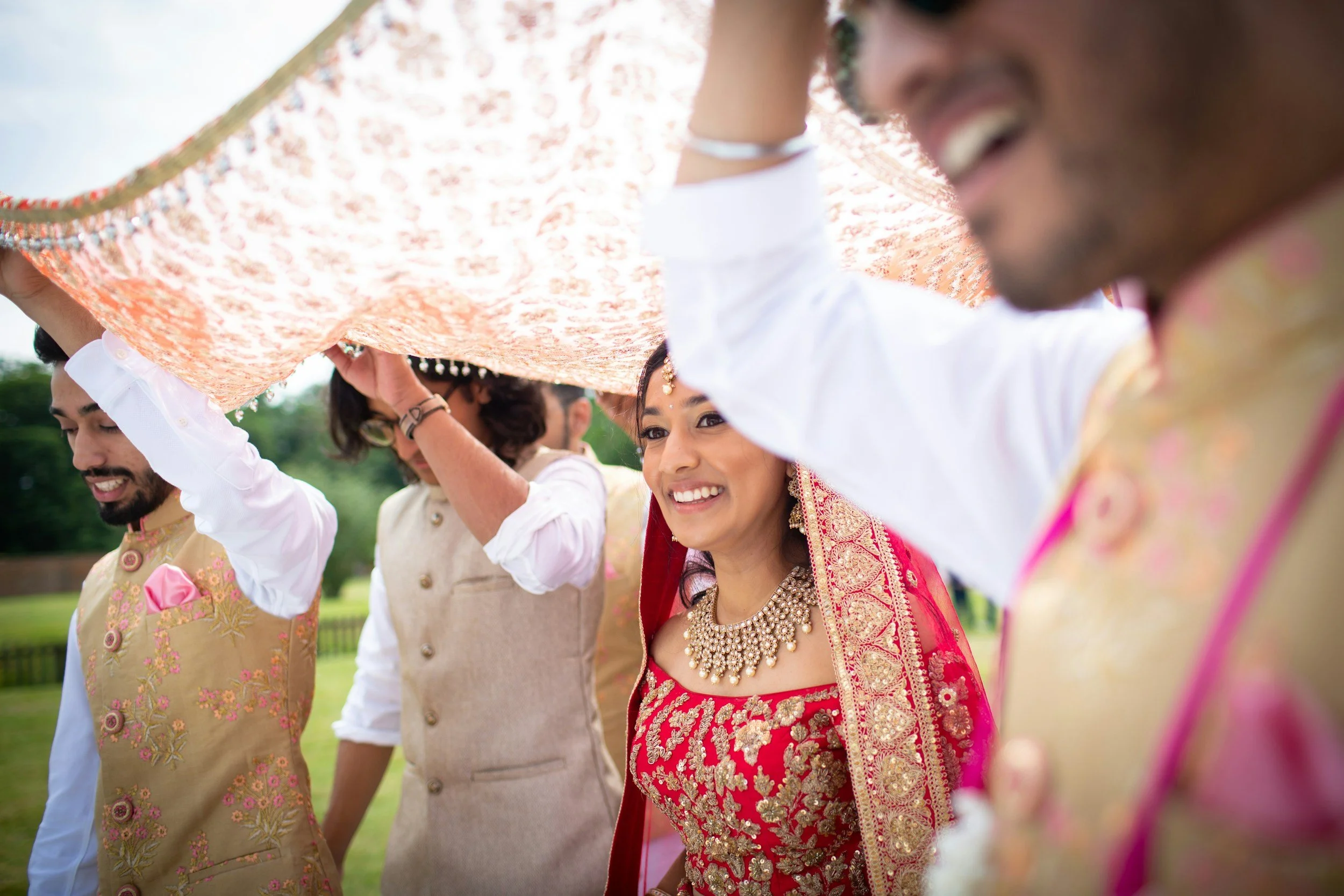Therapy for South Asians in New York, Massachusetts, & Texas
Common challenges South Asians in the United States experience:
Identity Struggles
Balancing the complexities of two cultures, namely South Asian and American, can often lead to a challenging internal struggle.
Many find themselves grappling with feelings of being "not South Asian enough" or "not American enough," as they navigate through their dual identities.
This ongoing tension is compounded by the pressure to conform to cultural expectations at home, while simultaneously striving to fit in and be accepted within a society that is outside their familial traditions.
Family & Community Expectations
High expectations surrounding education, career aspirations, and marriage can create significant pressure.
There is often an overwhelming pressure to adhere to traditional gender roles, which can limit personal expression and freedom.
The underlying fear of disappointing family members or bringing “shame” upon oneself can lead to feelings of anxiety and self-doubt.
Racism & Discrimination
Facing racial profiling or anti-immigrant sentiment can be a deeply troubling experience.
Being stereotyped or reduced to cultural clichés diminishes one’s identity and perpetuates harmful narratives.
Encountering bullying or micro-aggressions in schools, workplaces, or public spaces can lead to increased feelings of isolation and anxiety, impacting overall well-being.
Generational Differences
Conflicts often arise between the traditional values held by parents and the modern perspectives embraced by younger generations. These differences can lead to misunderstandings and tension within family dynamics.
Miscommunication may occur as a result of language barriers or cultural differences, further complicating relationships.
Discussing sensitive topics such as dating, mental health, or the pursuit of independence can be particularly challenging, as they may evoke strong emotions and differing opinions.
Gender & Sexuality
Strict gender expectations, particularly those imposed on women, create significant challenges for many individuals within the community.
The lack of acceptance or visibility for LGBTQIA+ South Asians further complicates their experiences, often leaving them feeling isolated and misunderstood.
This situation is exacerbated by the pervasive fear of coming out, which can lead to potential rejection not only from family members but also from the broader community they belong to.
Immigration Stress
Visa issues, persistent job insecurity, or the constant fear of deportation can create significant emotional stress.
Experiencing long periods of separation from family members living abroad can lead to a profound sense of loneliness and isolation.
The challenge of adapting to a new culture, all while attempting to preserve and honor one’s own cultural identity, can be a complex and difficult experience.
Mental Health Stigma
Talking about mental health is often seen as a shameful or weak topic to discuss openly.
Therapy and counseling services may frequently be discouraged or misunderstood by those in the community, leading to a lack of support.
Emotional struggles are sometimes too easily dismissed as merely "just stress," failing to recognize the deeper and more complex issues at play.
Dr. Denese has extensive experience supporting individuals who struggle with these challenges.
Along with South Asians, many Muslim, Asian, and BIPOC individuals resonate with these life experiences.
Dr. Denese recently contributed to an article in The Boston Globe about AAPI mental health struggles and advocacy, sharing insights on the importance of creating safe spaces and community for South Asian identifying individuals. You can read the article here.
Dr. Denese’s South Asian Background
As one of the few South Asian and Muslim psychologists in the United States (including NYC, Houston, Boston), Dr. Denese is dedicated to providing safe spaces for those seeking a skilled mental health provider with similar life experiences.
Dr. Denese is a second-generation immigrant and her parents moved from Bangladesh to the United States in the '80s for better opportunities. She grew up in Queens, NYC, within its Asian immigrant community, and was also raised by her aunties, who contributed to her cultural education.
The stigma of mental illness in her community inspired Dr. Denese to become a psychologist and advocate for change and understanding.
Her unique upbringing and experiences give her insight into the group dynamics of South Asian communities, enabling her to recognize that Western methods of handling conflict may not be well-suited or culturally appropriate for everyone.
She understands the toll of balancing conflicting cultural identities, recognizing the challenges of family collectivism against individualistic societal norms. Her perspective enables her to empathize with those facing similar struggles.
Along with her psychologist role, Dr. Denese facilitates a bi-weekly mental wellness support group for South Asian adults residing globally and runs a bi-monthly virtual book club focused on books by authors from the Bangladeshi diaspora.
Schedule Free Consultation Today
Schedule a free 15-min consultation call by signing up for an open time-slot here or sending a message through this website.

